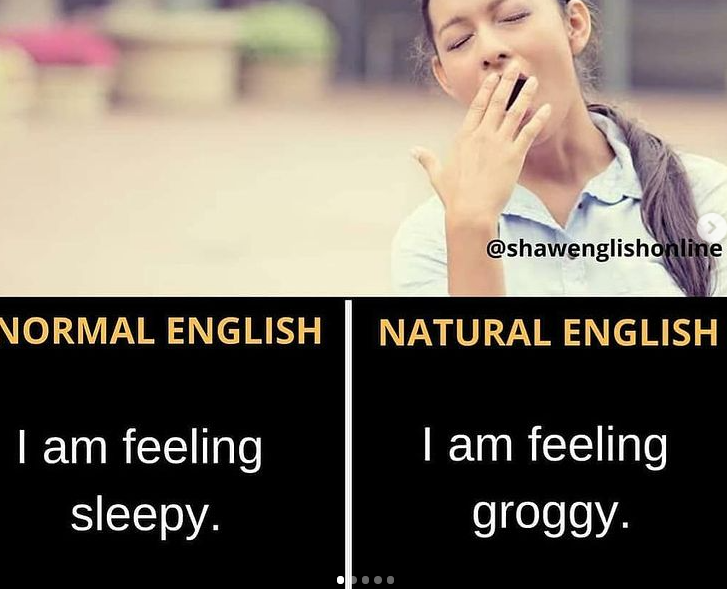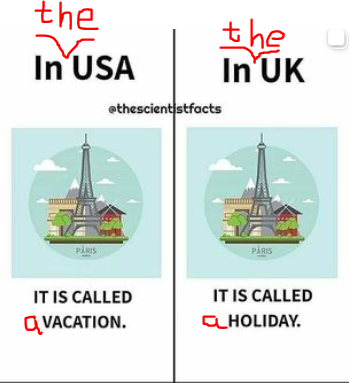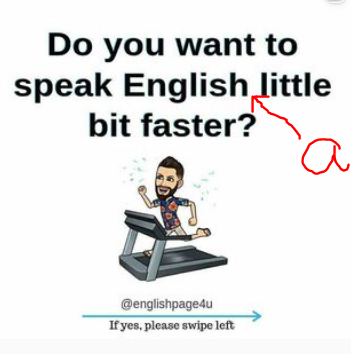Firstly, you need to be careful where you get your IELTS information from because most of it is wrong. Have you seen people posting things on Facebook and Instagram saying things like this.

These are a complete waste of time. They are encouraging you to use highly specific words that have a very specific meaning. English has the largest vocabulary of any language in the world and words are used in very specific circumstances. Let’s look at ‘groggy’. ‘groggy’ means
“weak and unable to think clearly or walk correctly, usually because of tiredness or illness” It is usually connected to being sick.
So, imagine, you are walking to your IELTS speaking interview. The examiner is waiting for you at the door to the room and says ‘hello’. They may ask how you are. You reply “Fine, but a little groggy”. The examiner will now think that you may be sick. They ask you whether you are ok to do the speaking test and you reply “Of course” but now you are confused. Why did the examiner ask you that? The examiner is now looking at you in a strange way wondering if you are ok and now you feel uncomfortable. A pressured situation is now far more stressful for you both all because of some stupid Instagram/Facebook post!
So, back to the question “What kind of vocabulary do you need to use to get high marks in IELTS?”
My advice is to use what comes naturally to you. If you start trying to use more complex language and you don’t know whether it is correct or not, you will just confuse the examiner and make more mistakes. They will not show it but they will be thinking in their head “Why did they use that word?”. This will affect your IELTS mark.
The test is designed to get progressively more difficult. In Part 3, you will be expected to talk about more general topics like education, the environment, cooperation, the world of work etc. To know about these, you need to know what is happening in the world. You cannot talk about yourself and your experiences in this part so read a newspaper. In the month running up to your exam, read a newspaper in English every day. This will give you the anecdotes that you will need to refer to in Part 3 of the speaking exam. It will also give you the vocabulary you need to talk about these things.
So, stop relying on Instagram and Facebook as the posts targeting you are full of mistakes. Start reading instead.


I used to use wordlists to study English but I found that i made a lot of mistakes. Thank you for your post.